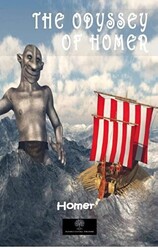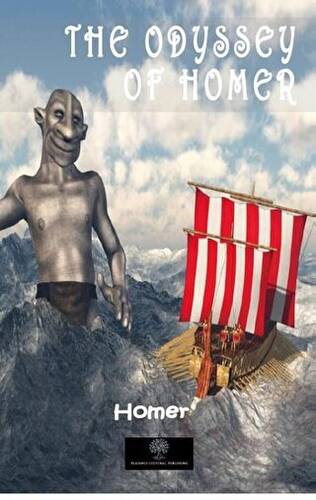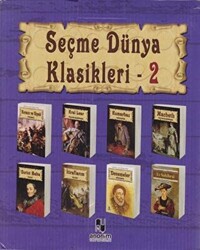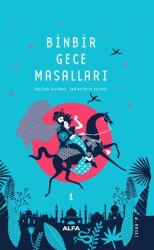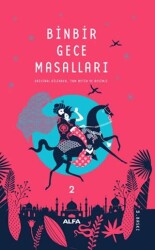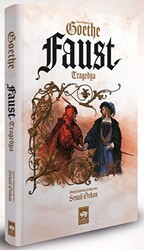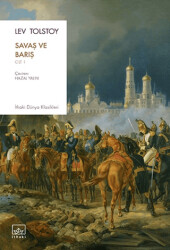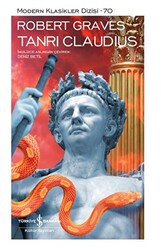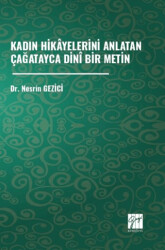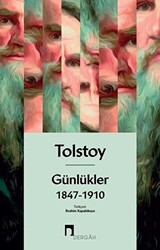There would h have been less controversy about the proper method of Homeric translation, if critics had recognised that the question is a purely relative one, that of Homer there can be no final translation. The taste and the literary habits of each age demand different qualities in poetry, and therefore a different sort of rendering of Homer. To the men of the time of Elizabeth, Homer would have appeared bald, it seems, and lacking in ingenuity, if he had been presented in his antique simplicity. For the Elizabethan age, Chapman supplied what was then necessary, and the mannerisms that were then deemed of the essence of poetry, namely, daring and luxurious conceits. Thus in Chapman’s verse Troy must *shed her towers for tears of overthrow,* and when the winds toss Odysseus about, their sport must be called *the horrid tennis.*
